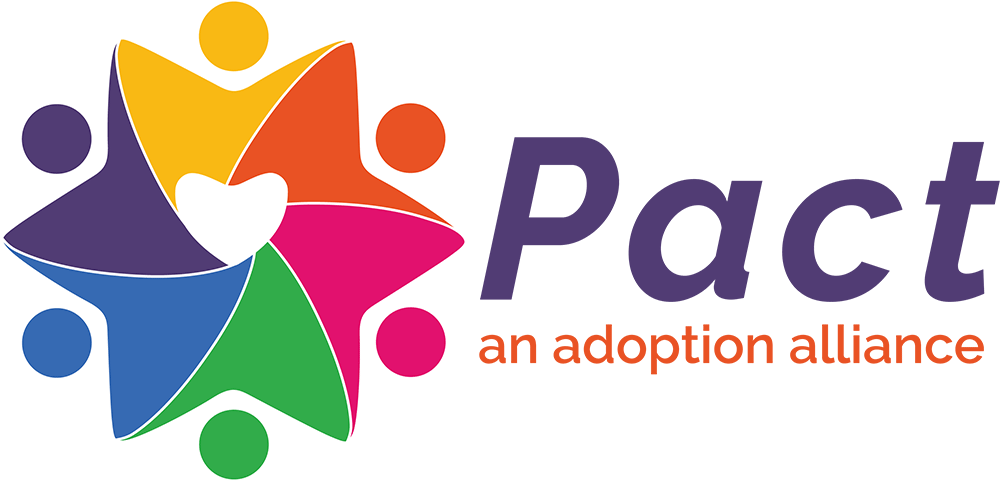
How do you describe yourself?
I am a 51-year-old parent to two children, ages 15 and 8, one of whom joined my family through adoption. I live in Chicago. I am a Senior Lecturer and Director of the Master’s Program in Social Work, Social Policy, and Social Service Administration at the University of Chicago. My work often explores the importance of relationships and how they are facilitated in families, systems, and interpersonally. I also have a blog called Lisa Lynelle’s Newsletter.
How do you describe your family?
I am a Black lesbian who became a parent through adoption while in an interracial relationship with a white partner who identifies as queer/transgender. We are now divorced and live in separate states, but he visits whenever he can, so I am primarily single parenting. I moved to Chicago several years ago and am slowly building a small but growing community of aunties and friends here.
How or why did you choose adoption to build your family?
I was raised in a family with many cousins who were either formally or informally adopted through kinship adoption. Other cousins joined my family through the state. I have always loved children, especially older ones, but never desired to become pregnant, so adoption was always how I intended to build a family. I was surprised that I ended up adopting an infant instead of a child of at least 3 or 4.
What is the most amazing part of being a parent through adoption?
What is amazing about adoption is being a witness, a sort of shepherd to my son’s sacred connection to his first/birth parents. I feel that it is my role to support his efforts at building his own stories about where he comes from and to help him fill in the blanks of what we do not know. For me, it has been amazing to love my child through his process of understanding what family means to him and how he is filling in the blanks. My child’s understanding of his story and that of his first/birth parents are the core foundations of how he understands oppression and how it shapes his understanding of how people and systems work and their lifelong impact. It’s both painful and powerful to witness those realizations emerge over time. It is a responsibility I take on with great care, understanding, and tenderness.
What is the biggest challenge of being a parent through adoption?
My biggest challenge has been engaging with people who diminish the significance or do not understand the importance of my child’s connection and desire to be connected with his first/birth parent’s family. Even though I have cousins and relatives who are part of the adoption constellation, many do not understand the importance of the first/birth parent connection.
What advice do you have for Black families just starting the adoption process?
Please understand that having an adopted child of the same race won’t prevent the loss and pain your child will feel. Please be patient with the procedural processes of adoption as they exist for a reason (some good, some not so good). Know that there are first/birth parents who want to pick families that look like us and have a cultural connection that is not learned but embodied. And finally, recognize the birth/first parents and the child are experiencing profound loss, unlike the adopting family.
How did you connect with Pact?
I first heard of Pact in the late 1990s or early 2000, when I started exploring adoption. A friend who had previously worked with Pact suggested I look into the organization. My family and I have attended many Pact Family Camps, which has important for both of my children.
What kind of work do you do with Pact?
I meet with prospective adoptive parents to discuss their understanding of adoption. I have also helped moderate discussions and organize family events at Pact Camp East.
Why is Pact’s Adoptive Parents of Color Collaborative (APCC) important to you?
APCC is important to me because I do not know of any other organization that provides adoptive parents of color their own supported space, with programming and funding, to discuss our experiences as adoptive parents. In addition, APCC presents an opportunity for us to explore how our own experiences with race and racism intersect with the dynamic issues of class, systemic oppression, and intergenerational trauma and their meaning/role in our relationships with birth families, families of origin, and our children.
Would you like to be profiled in the future and introduce yourself and your experiences to the APCC community? Please let us know at apcc@pactadopt.org.
